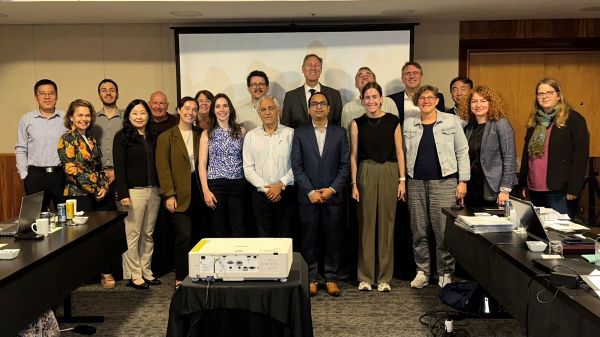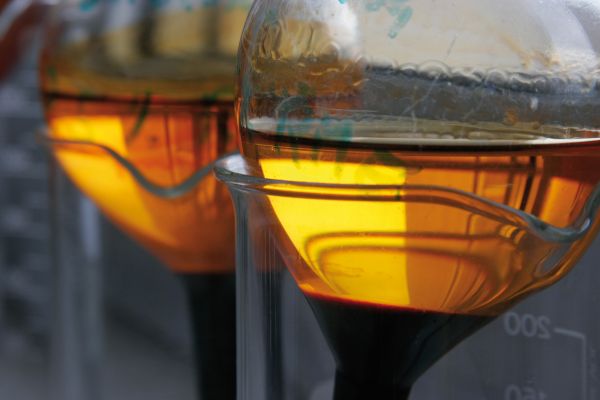IEA Bioenergy Task 39: Biofuels to Decarbonize Transport (Working period 2022 - 2024)
Short Description
Reducing greenhouse gas emissions from the transport sector is a key objective of global climate and energy policies, but it remains particularly challenging compared to other sectors. Biofuels already play a crucial role by immediately reducing emissions from the existing vehicle fleet. Developing technologies for producing advanced biofuels enables scaling up production and achieving greater reductions in transport-related emissions.
The IEA Bioenergy Task 39 aims to accelerate the decarbonization of the transport sector by promoting sustainable, low-carbon biofuels. To this end, the task provides member countries with extensive information and analyses, fosters joint research and development initiatives, and disseminates findings to the public.
The 2022–2024 triennium, themed "Biofuels to Decarbonize Transport," delivered significant progress and insights for Austria and beyond. Highlights included publishing the featured article "Biofuels in Austria – policy, production, and use," enhancing collaboration with the Advanced Motor Fuels TCP, hosting Austria's 2024 networking workshop at the BMK with over 40 stakeholders and nine presentations, and concluding the triennium with the BBEST conference in São Paulo, Brazil. Various projects were conducted under two subtasks:
- Subtask Technology and Commercialization: Focused on sustainable aviation fuel (SAF), drop-in biofuels, decarbonizing maritime transport, assessing demonstration plants, advancing commercialization of innovative technologies, and exploring synergies between green hydrogen and biobased value chains.
- Subtask Sustainability, Policy, Markets, and Implementation: Addressed member countries' biofuel policies, sustainability assessments of biofuel pathways, the robustness of certification systems, and reports on biofuel production in emerging economies.
Key challenges for advanced biofuels remain high production costs, limited availability of suitable feedstocks, and regulatory uncertainties. Liquid biofuels are particularly vital for hard-to-electrify sectors such as aviation, shipping, and heavy-duty transport to meet decarbonization goals. Technological progress and international collaboration are crucial to unlocking biofuels' full potential. Participation in IEA Bioenergy Task 39 will continue from 2025 to 2027, further fostering knowledge exchange and promoting sustainable biofuels.
Project Images
Terms of use: The pictures listed underneath the header “Project Pictures” originate from the projects in the frame of the programmes City of Tomorrow, Building of Tomorrow and the IEA Research Cooperation. They may be used credited for non-commercial purposes under the Creative Commons License Attribution-NonCommercial (CC BY-NC).
Publications
Publications are available on the website of IEA Bioenergy Task 39.
Participants
Austria, Belgium, Brazil (Co-Lead), Canada, China, Denmark, European Commission, Germany, Ireland, Japan, Netherlands, New Zealand, South Korea, Sweden (Task Leader), United States. The US Grains Council joined as limited sponsor.
Contact Address
Dipl.-Ing.in Dina Bacovsky
BEST – Bioenergy and Sustainable Technologies GmbH
Gewerbepark Haag 3
3250 Wieselburg-Land
Austria
Phone: +43 5 02378 9435
E-mail: dina.bacovsky@best-research.eu
DIin (FH) Andrea Sonnleitner
BEST – Bioenergy and Sustainable Technologies GmbH
Gewerbepark Haag 3
3250 Wieselburg-Land
Austria
Phone: +43 5 02378 9437
E-mail: andrea.sonnleitner@best-research.eu


